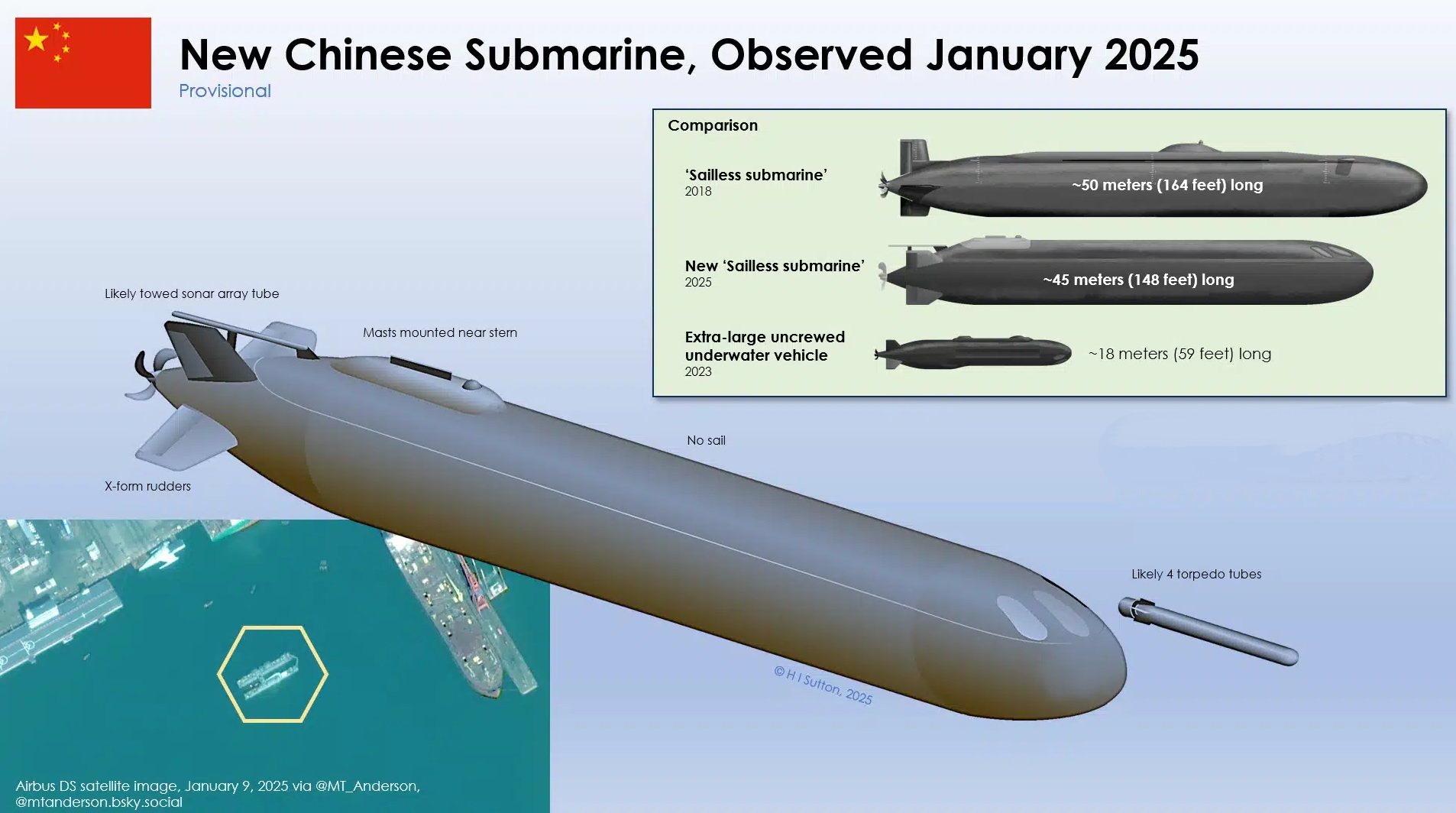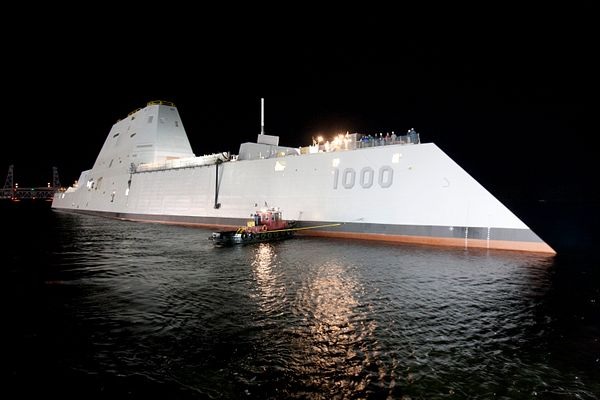Germany Explores Integration of IRIS-T SLM Missiles on F125 Frigates

Germany is advancing its naval defense capabilities by studying the integration of the IRIS-T SLM surface-to-air missile system onto its F125 frigates, a move aimed at addressing the existing air defense gaps in these cutting-edge warships. The Federal Office of Bundeswehr Equipment, Information Technology, and In-Service Support (BAAINBw) has awarded Diehl Defence GmbH & Co. KG a contract to conduct a feasibility study, develop a system demonstrator, and prepare for the integration of the missile system.
Feasibility Study Details
The study, designated as a Level 3 Research and Technology (R&T) project, focuses on assessing the viability of mounting IRIS-T SLM missiles on the F125 frigates, also known as the Baden-Württemberg-class. It aims to achieve a Technical Readiness Level of 6, which includes creating a working demonstrator. This involves the design and installation of a mounting frame for two land-based IRIS-T SLM launchers, integrating them into the frigates’ operations center and radar systems.
The IRIS-T SLM missile system, originally designed for land-based anti-air operations, has a range of 40 kilometers. Its modular containerized design allows it to be easily adapted for different platforms, including naval vessels. Diehl Defence has also been working on integrating the system into Mk 41 vertical launching systems for broader applications.
Significance for F125 Frigates
The F125 frigates, developed as part of a $3 billion project by a consortium of ThyssenKrupp Marine Systems and Friedrich Lürssen Werft, are among the largest surface combatants in the German Navy. Despite their advanced features, these frigates have faced criticism for lacking robust air and anti-submarine warfare systems. The proposed integration of IRIS-T SLM missiles is expected to significantly enhance their air defense capabilities, enabling 360-degree protection against a wide range of aerial threats, including drones, aircraft, and incoming missiles.
The absence of adequate air defense systems was highlighted earlier this year when the F125 frigate Baden-Württemberg avoided crossing the Red Sea during its Indo-Pacific deployment. This limitation has underscored the urgent need for advanced missile systems like the IRIS-T SLM.
About the IRIS-T SLM Missile
The IRIS-T SLM (Surface-Launched Medium-range) is an advanced variant of the IRIS-T air-to-air missile. It features an extended range thanks to an enhanced rocket motor and incorporates a GPS-based inertial navigation system and a data link for mid-course guidance. During its final approach, the missile employs its seeker for precise targeting.
The system is designed for flexibility, with multifunctional containers that facilitate storage, transport, and firing. Its ability to integrate with various air defense systems via standardized interfaces makes it a versatile option for modern military applications.
In September 2024, the German Air Force achieved initial operational capability with the ground-based IRIS-T SLM system, following extensive training for its operators.
Overview of the F125 Class Frigates
The F125 frigates represent a leap in naval design, optimized for long deployments and multi-role capabilities. However, their development was not without challenges, including delays and technical issues. After significant modifications, all four ships—Baden-Württemberg, Nordrhein-Westfalen, Sachsen-Anhalt, and Rheinland-Pfalz—were commissioned between 2019 and 2022.
Key specifications of the F125 frigates include:
- Length: 149 meters
- Width: 18 meters
- Displacement: ~7,200 tons
- Maximum Speed: Over 26 knots
- Crew Capacity: Up to 190 personnel, including 120 core crew members
- Armament:
- 127mm Otobreda naval gun
- RIM-116 Rolling Airframe Missiles
- 27mm MLG 27 remote-controlled cannons
- RGM-84 Harpoon anti-ship missiles
Implications
Integrating the IRIS-T SLM system would address the air defense shortcomings of the F125 frigates, enhancing their operational flexibility and enabling safer deployments in high-threat environments. This initiative not only strengthens Germany’s naval capabilities but also showcases the potential for modular missile systems in modern naval warfare.
With the feasibility study underway, the F125 frigates may soon gain the technological edge needed to meet the challenges of contemporary maritime security.



